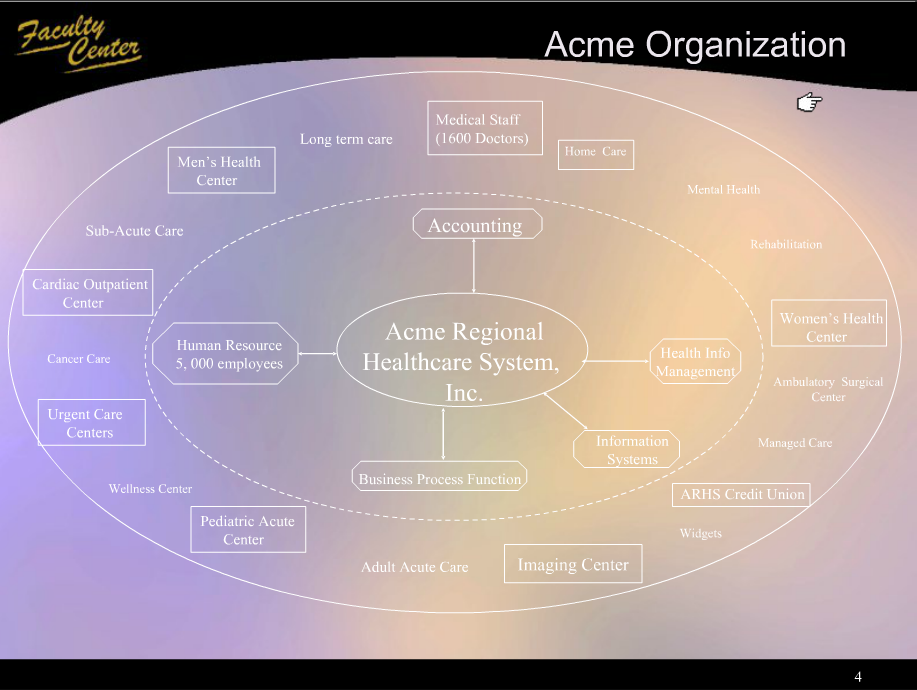Description
Role playing in the context of educational simulations has been cited as a particularly engaging strategy for online courses (Ausburn, 2004; Bender, 2005; Cornelius, Gordon, & Ackland, 2011; Lytle, Lytle, & Brophy, 2006; Serby, 2011). Such role playing when conducted for an extended time period (e.g., for the duration of an academic term) in the context of as realistic as possible tasks may be particularly engaging for adult learners (Ausburn, 2004 and Ausburn, 2004). Such an approach is consistent with the adult learning theory of andragogy associated with Malcolm Knowles (1973).
The simulated environment may be as simple as anchoring traditional assignments (e.g., documents or online discussion postings) to an agreed upon premise (e.g., “you are an employee working in the mailroom of a banking institution”), or the simulation may employ highly produced media elements. The emphasis is upon students’ “willing suspension of disbelief” (Serby, 2011) in the pretense of the simulation.
Link to example artifact(s)
Instructor Testimony
- Instructor: Dr. Matthew Dodd
- Course Title: CONR 610 Managing Conflict in the Workplace, Abilene Christian University
At the beginning of the course students are given the role of a new employee working in the mailroom at a fictitious banking institution. Throughout the course students advance in the fictitious organization, and must address conflicts and situations using the skills and concepts they are learning in the course. Initial studies indicate significant positive correlations between the use of a course-long role play and increased engagement, increased motivation to participate in the course, opportunities for practical application, and increased memory and recall of course material.
- Archive of the website created by Professor Steve Lytle (UCF, retired) to anchor his course-long simulation in several different online undergraduate health professions courses: “ACME Regional Healthcare“ (note the disclaimer necessary because of the frequent real inquiries received)
- Robust description of Professor Steve Lytle’s (UCF, retired) implementation in online courses of course-long role playing using his “ACME Regional Healthcare” simulation: Select “full text” of article at http://editlib.org/p/23894
- Archived press release citing Professor Steve Lytle’s (UCF, retired) implementation of course-long role playing simulations in his selection for Princeton Review’s “The 300 Best Professors”
Link to scholarly reference(s)
Ausburn, L. J. (2004). Course design elements most valued by adult learners in blended online education environments: An American perspective. Educational Media International, 41(4), 327-338.
Bender, T. (2005). Role playing in online education: A teaching tool to enhance student engagement and sustained learning. Innovate, 1(4). http://editlib.org/p/107276
Cornelius, S., Gordon, C., & Ackland, A. (2011). Towards flexible learning for adult learners in professional contexts: An activity-focused course design. Interactive Learning Environments, 19(4), 381-393. http://editlib.org/p/50450
Knowles, M. (1973). The adult learner: A neglected species. Houston, TX: Gulf Publishing Company.
Lytle, J. S., Lytle, B. V., & Brophy, J. (2006). Student engagement in large undergraduate online courses. Proceedings from 2006 World Conference on E-Learning in Corporate, Government, Healthcare, and Higher Education. http://editlib.org/p/23894
Serby, T. (2011). Willing suspension of disbelief: A study in online learning through simulation, and its potential for deeper learning in higher education. Liverpool Law Review, 32(2), 181-195. https://doi.org/10.1007/s10991-011-9095-z
Citation
Dodd, M. (2015). Engage adult learners with course-long role play. In B. Chen & K. Thompson (Eds.), Teaching Online Pedagogical Repository. Orlando, FL: University of Central Florida Center for Distributed Learning. https://topr.online.ucf.edu/engage-adult-learners-with-course-long-role-play/.
